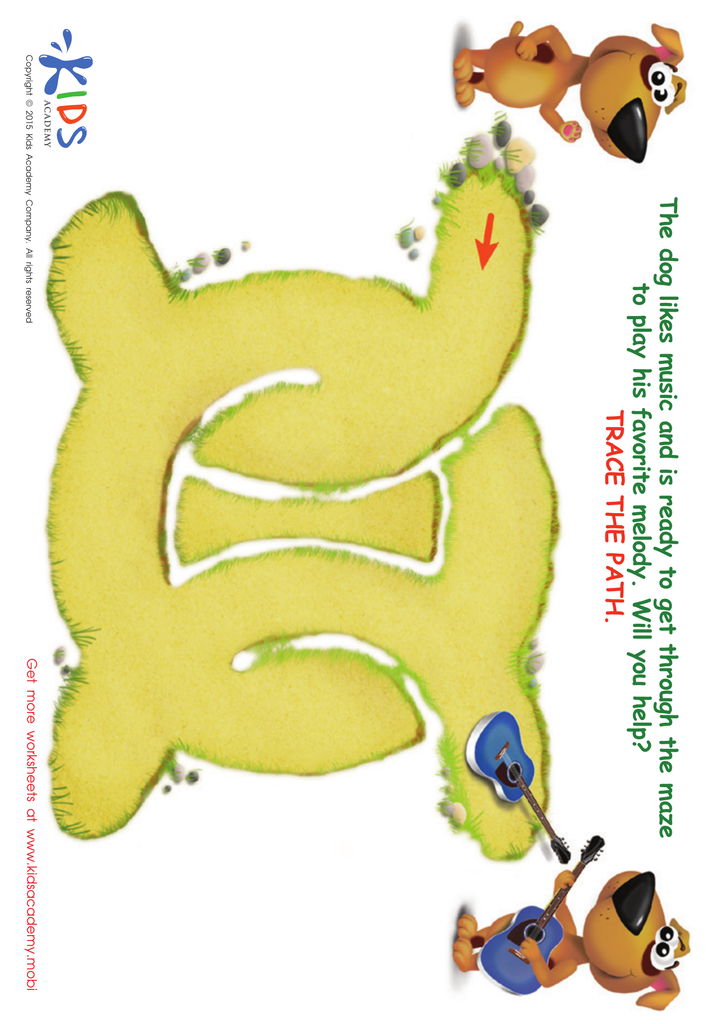Mazes worksheets activities for Ages 6-9 - Page 3
80 filtered results
-
From - To
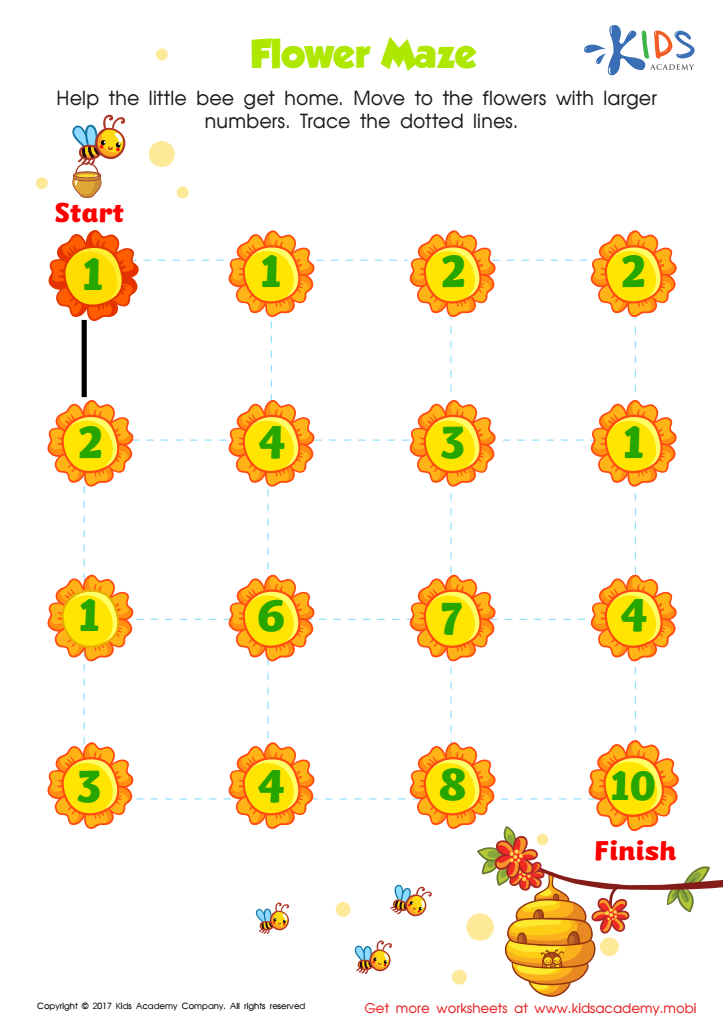

Number Maze For Kindergarten Printable
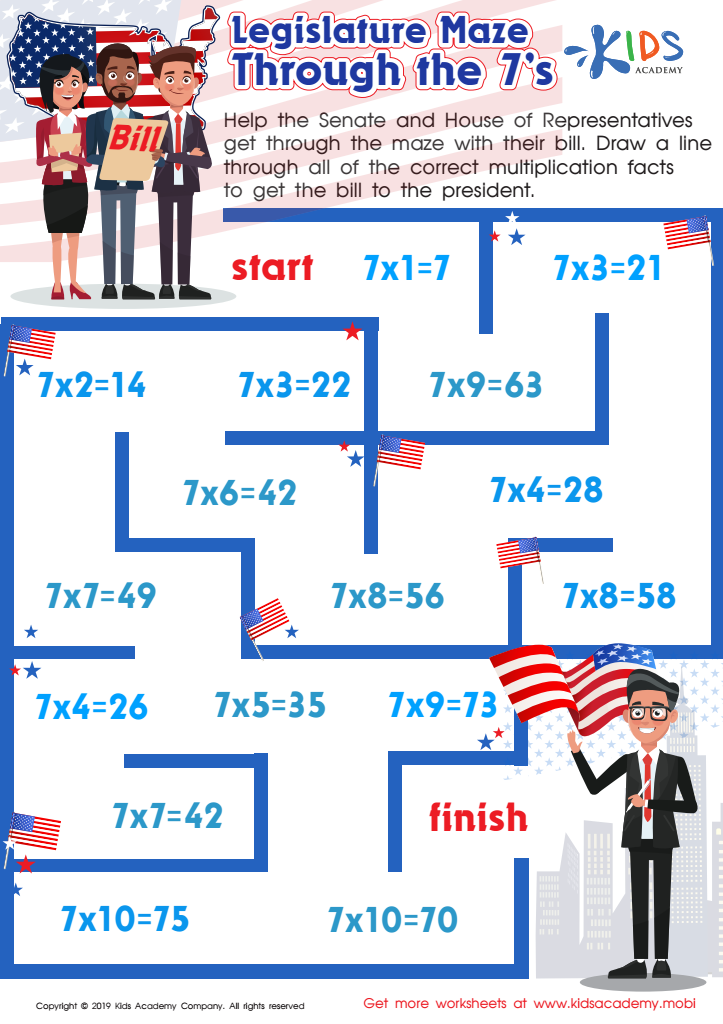

Legislature Maze Through the 7’s Worksheet
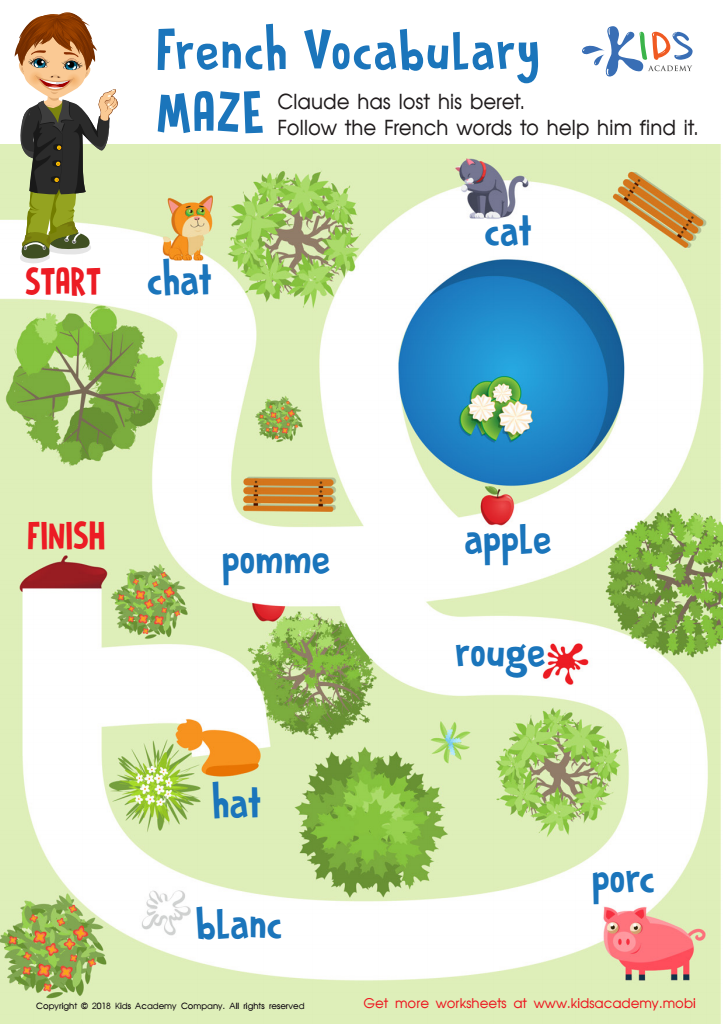

French Vocabulary Maze Worksheet
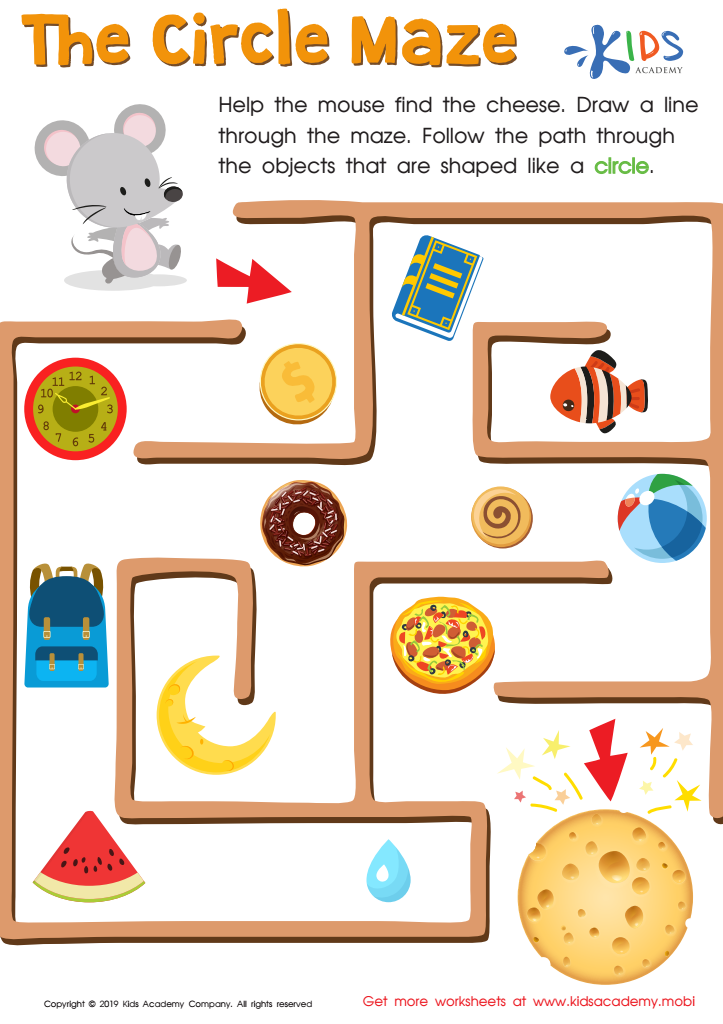

The Circle Maze Worksheet
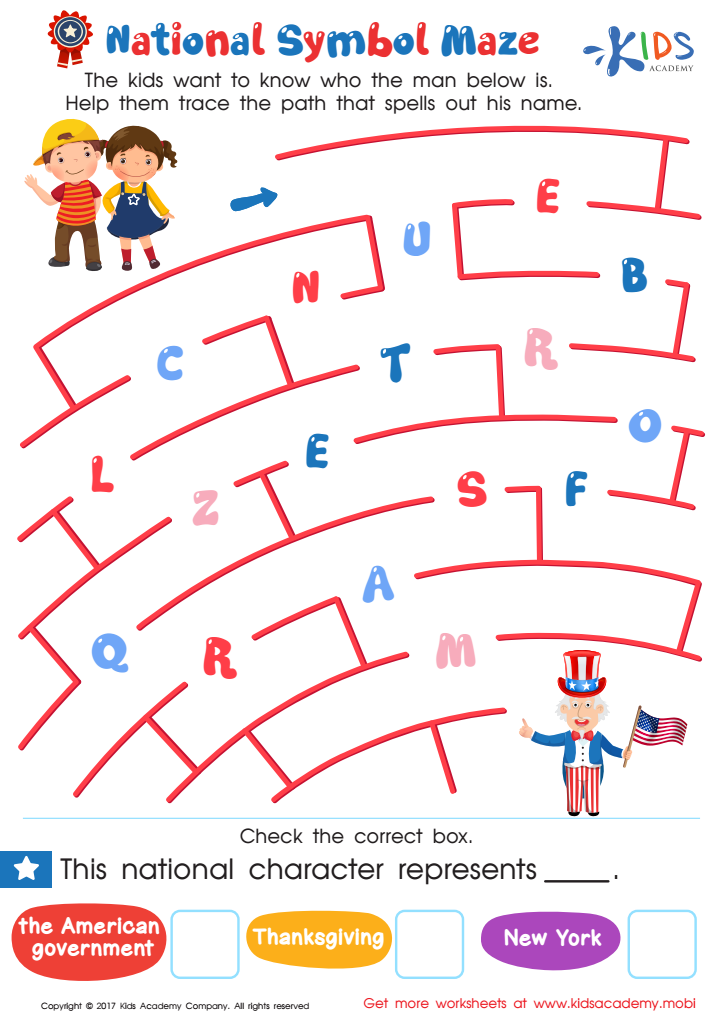

National Symbol Maze Worksheet
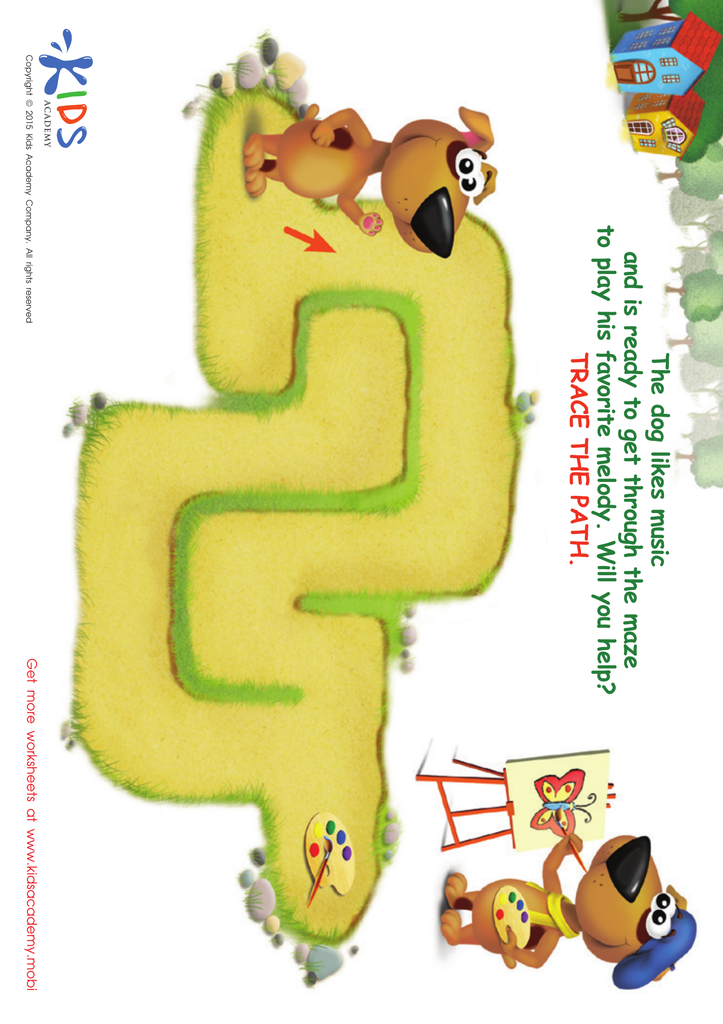

Artist Maze Worksheet
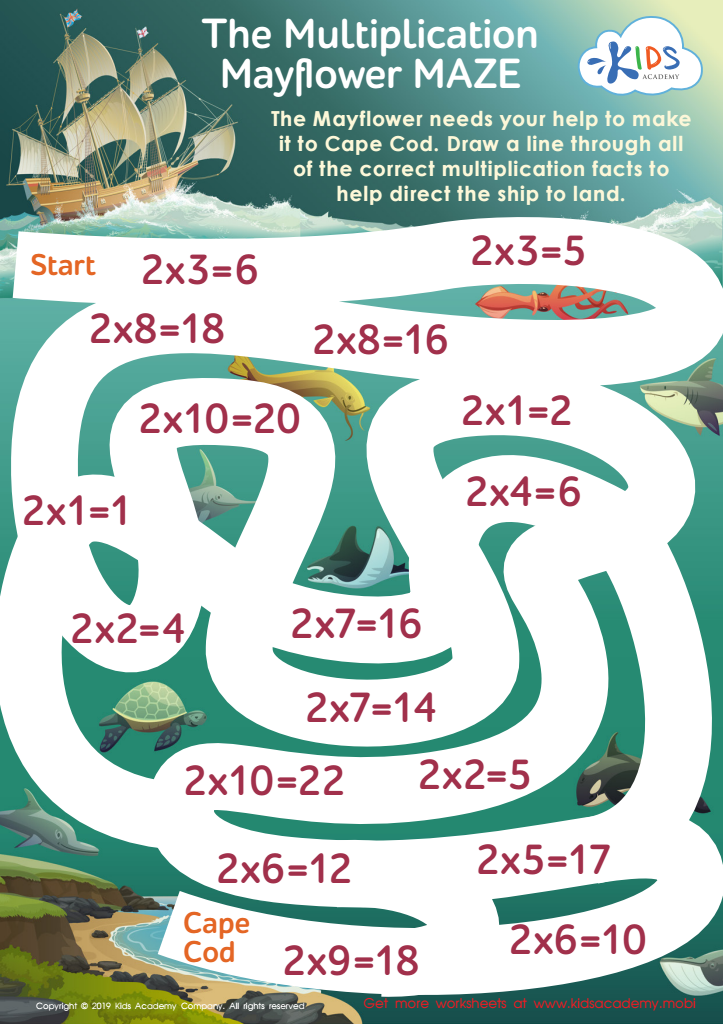

The Multiplication Mayflower Maze Worksheet
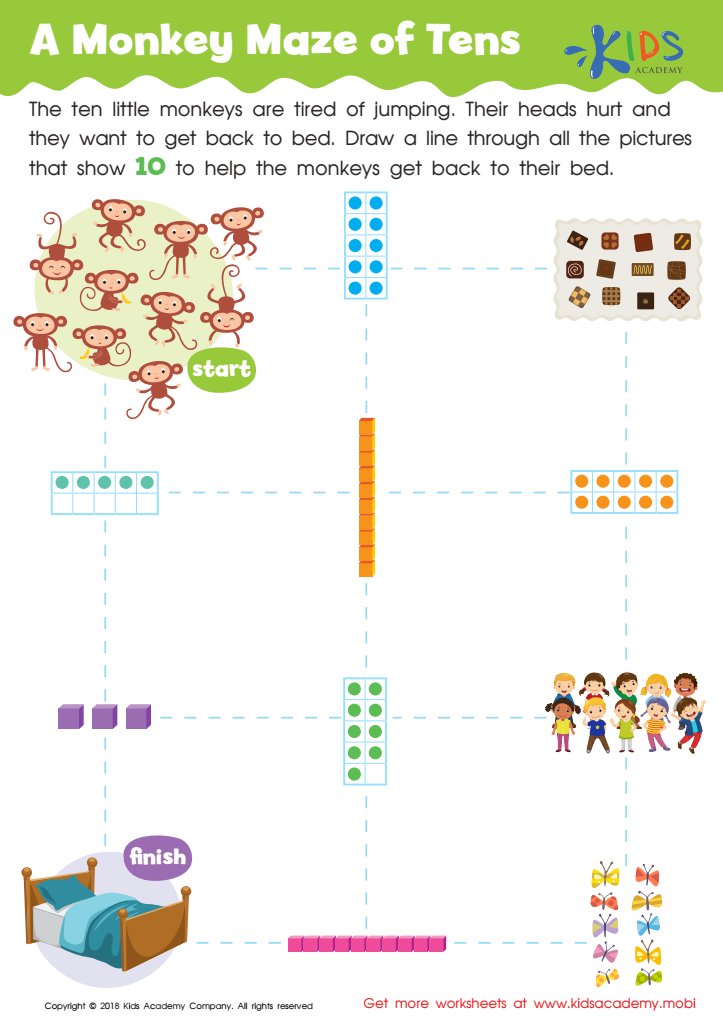

A Monkey Maze of Tens Worksheet
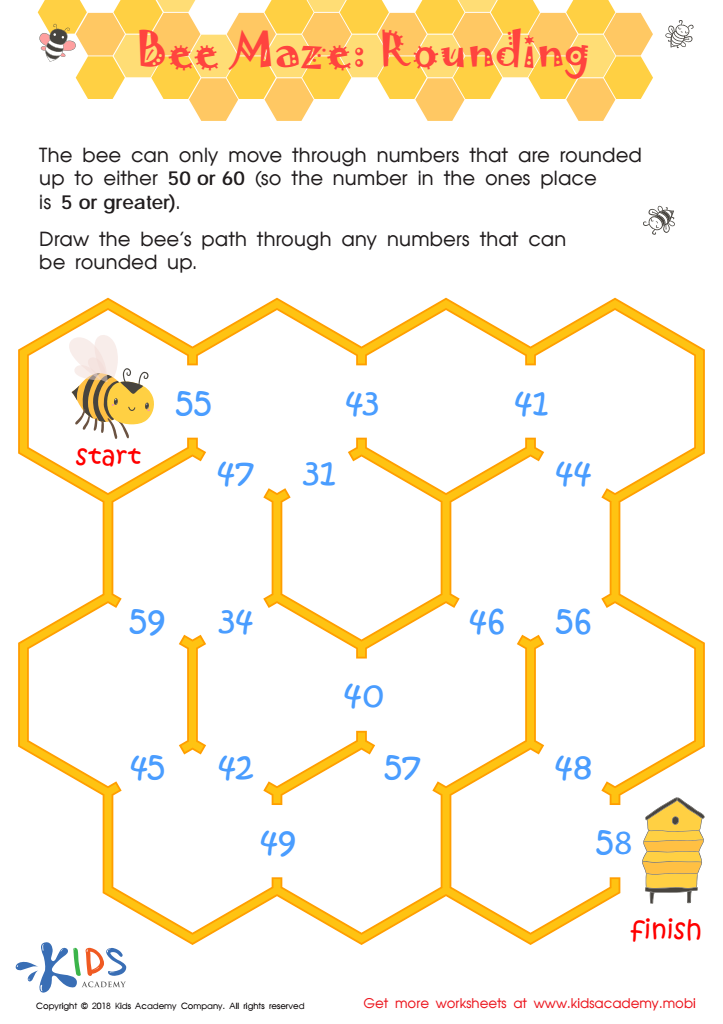

Bee Maze Rounding Worksheet
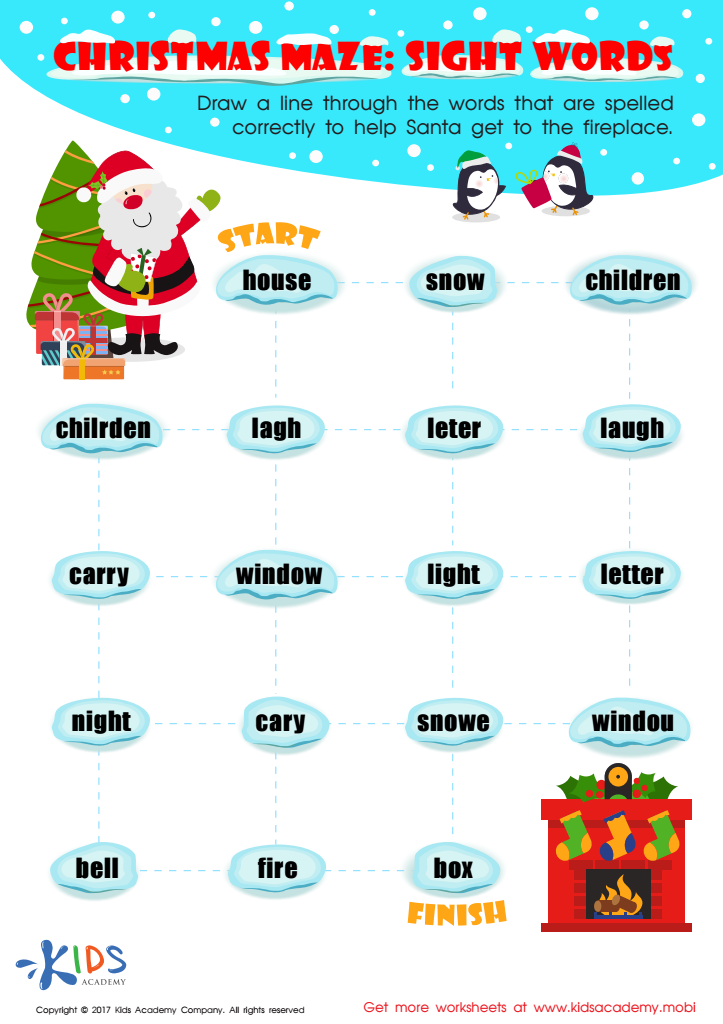

Sight Words Christmas Maze Printable
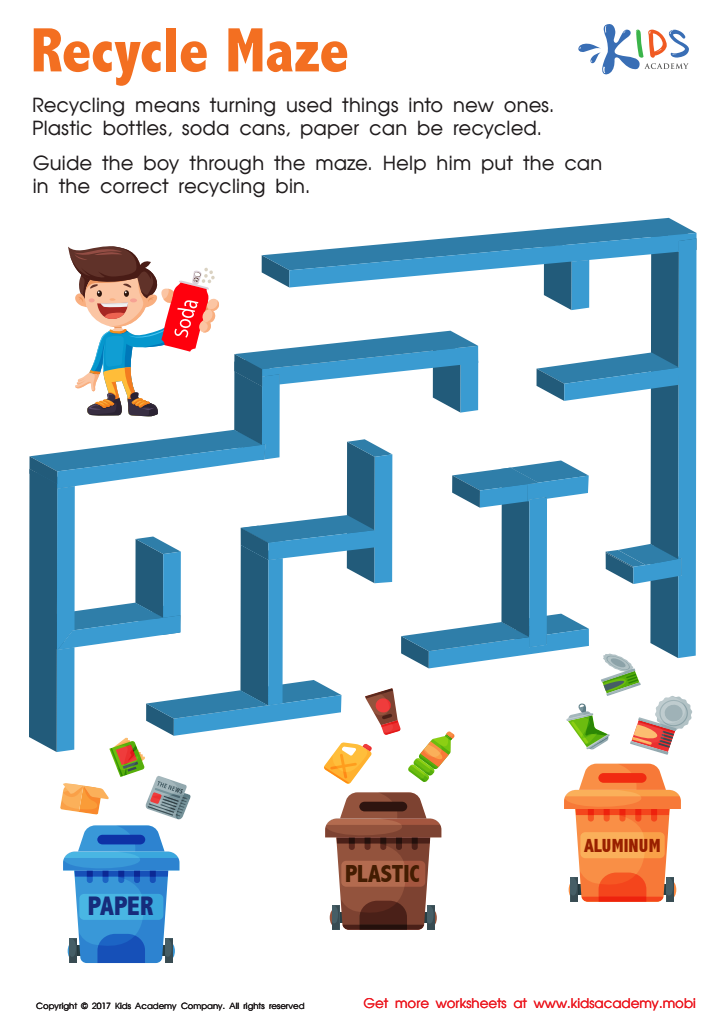

Recycle Maze Worksheet
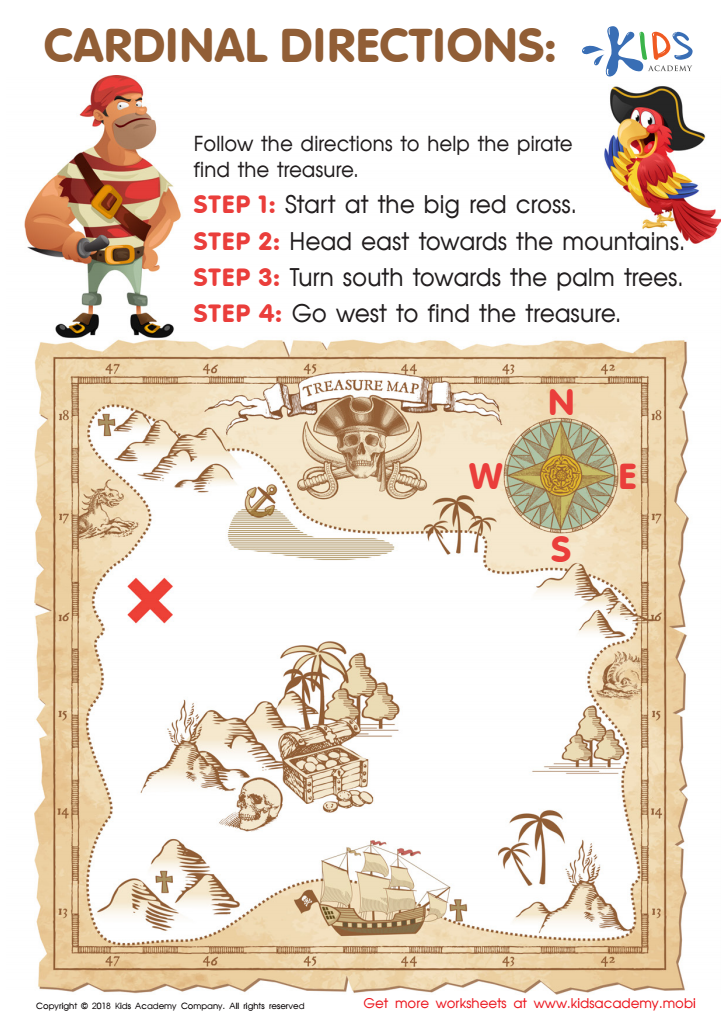

Cardinal Directions Treasure Map Maze Worksheet
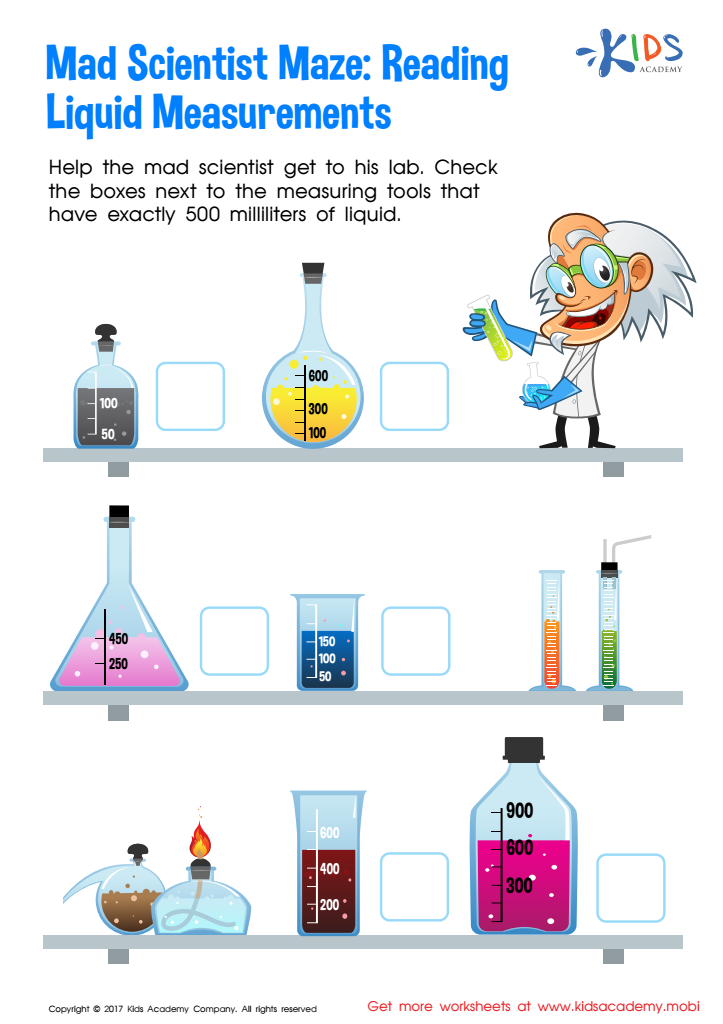

Reading Liquid Measurement Worksheet
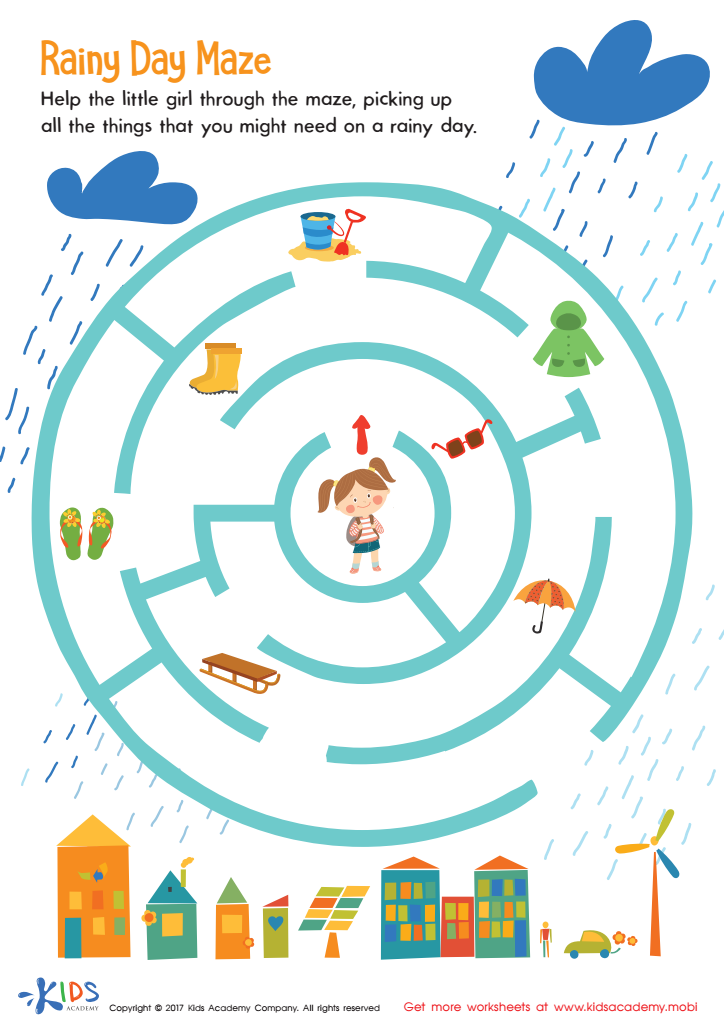

Rainy Day Maze Worksheet
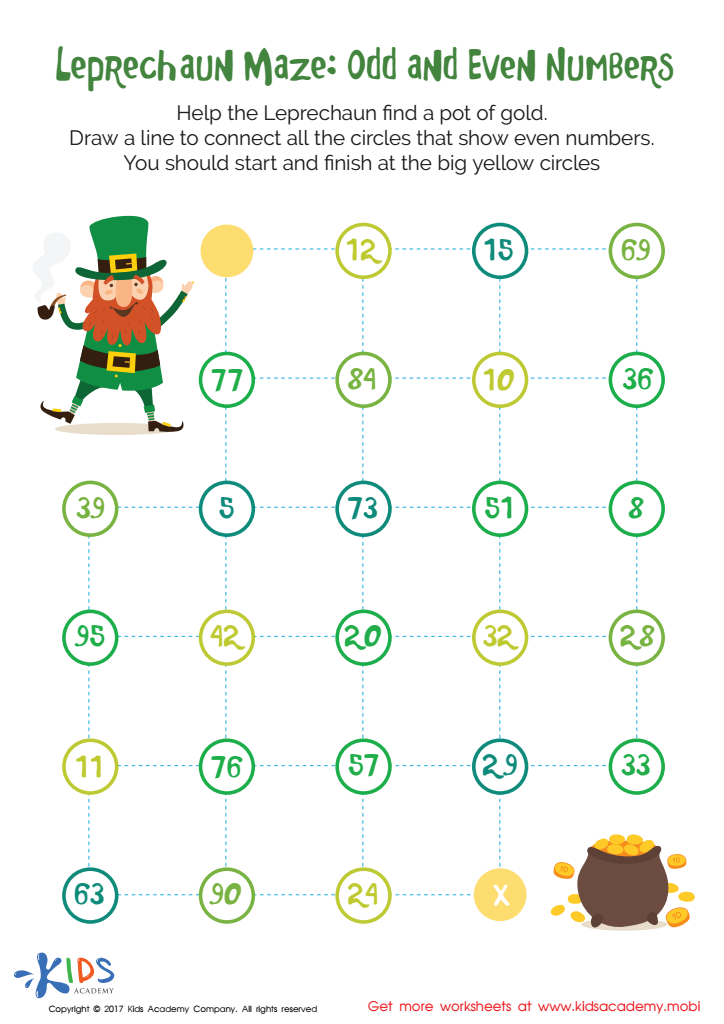

Leprechaun Maze Printable
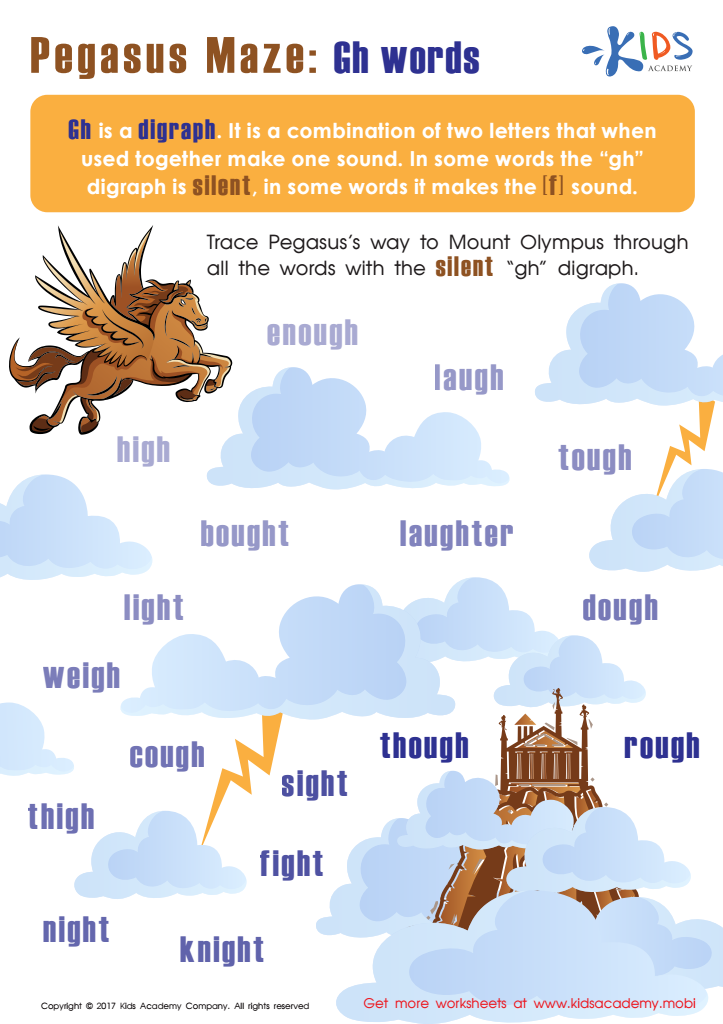

Pegasus Maze: GH Words Worksheet
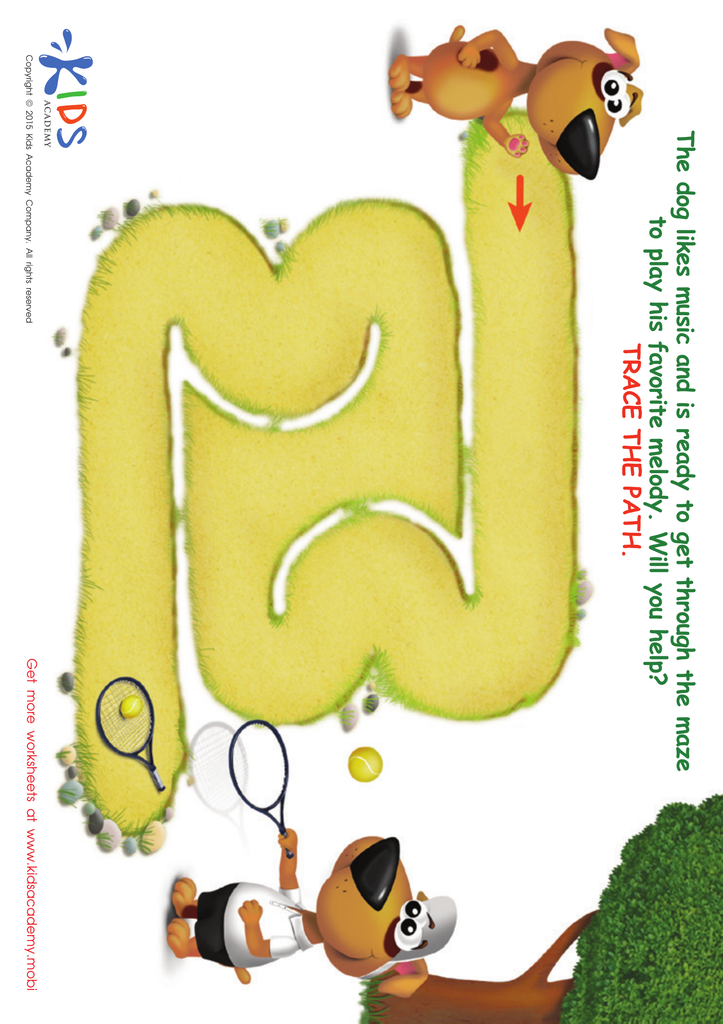

Tennis Player Maze Worksheet
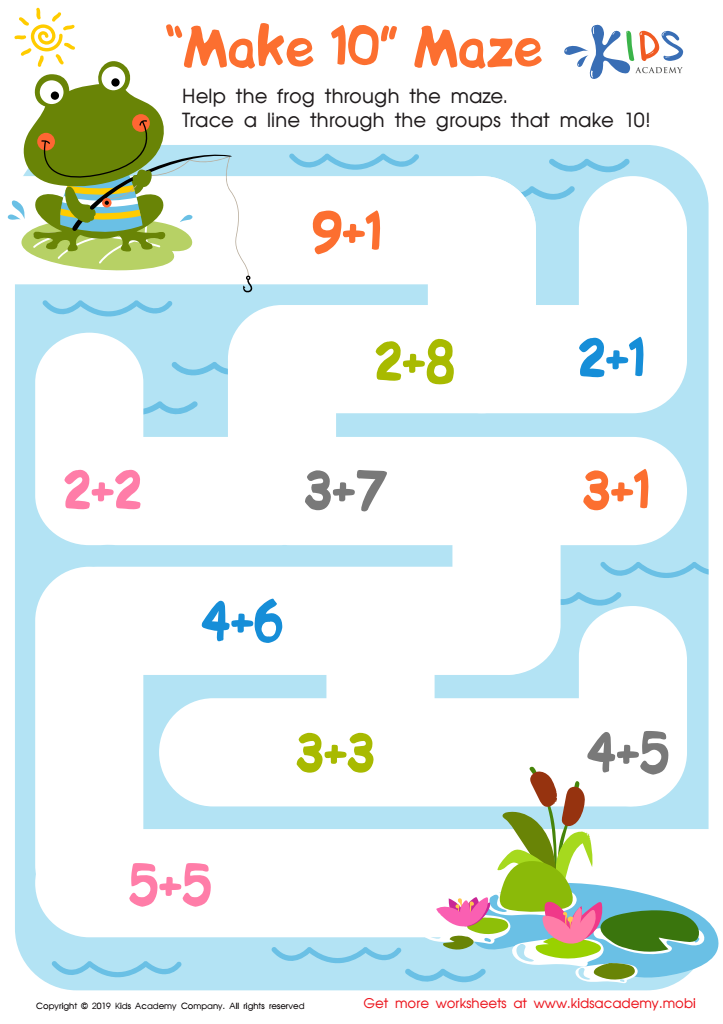

Make 10 Maze Worksheet
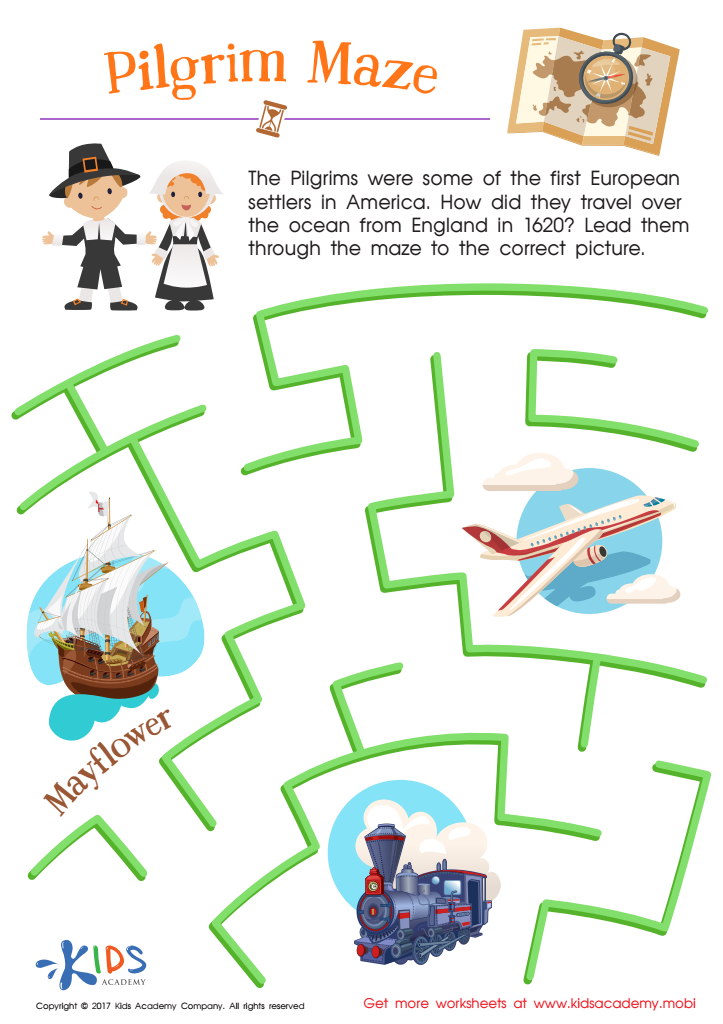

Pilgrim Maze Worksheet
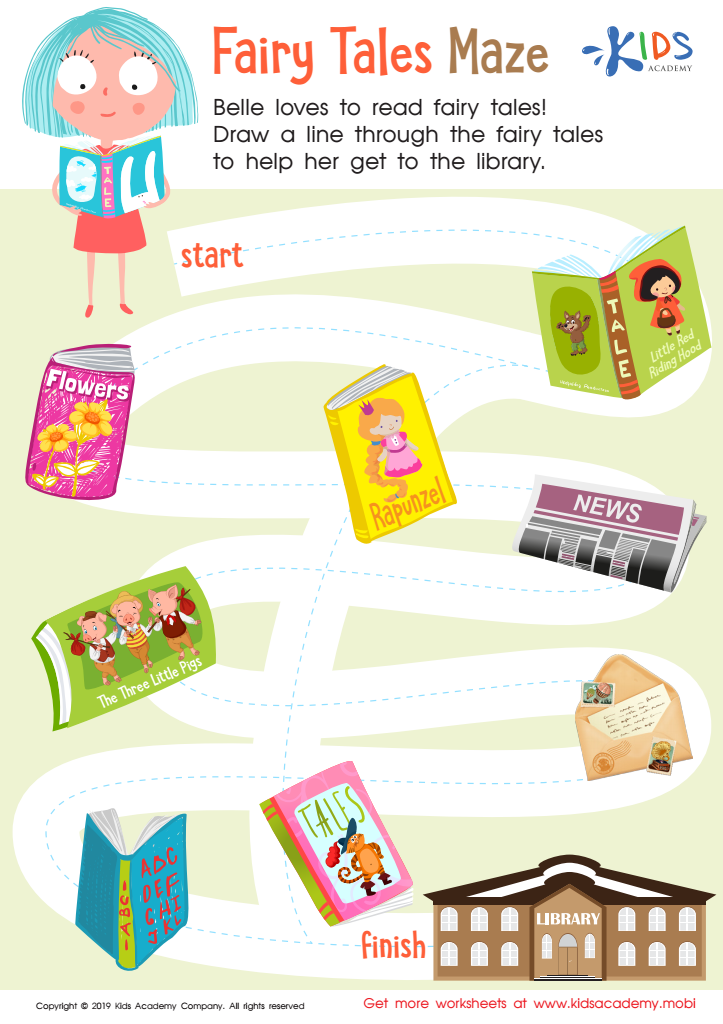

Fairy Tales Maze Worksheet
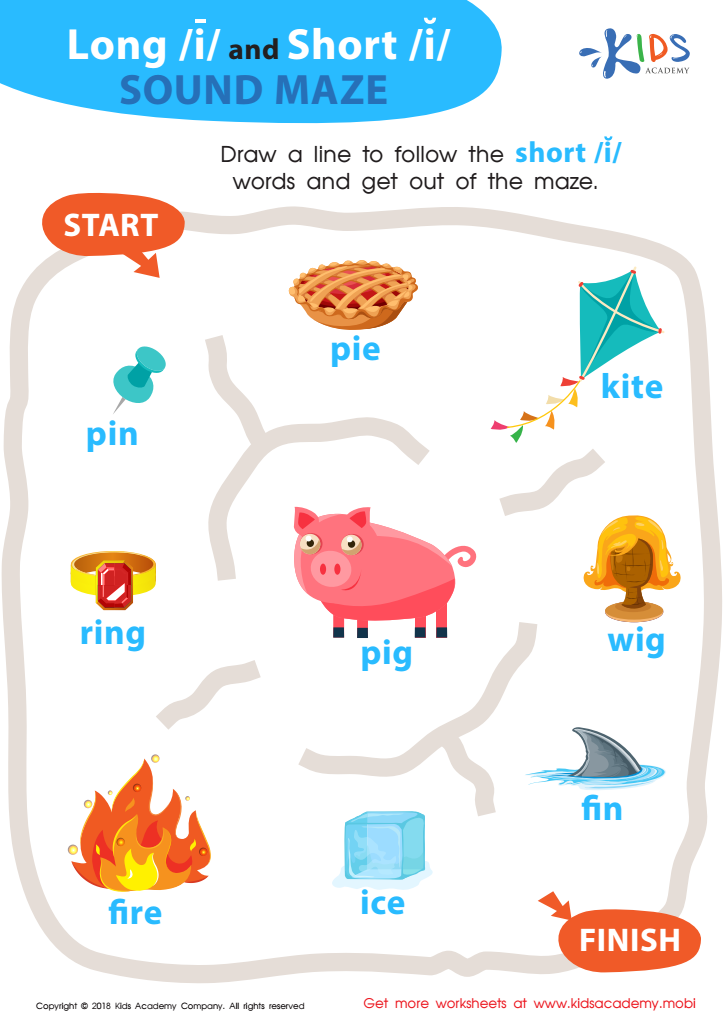

Reading: Long I and Short I Sound Maze Worksheet
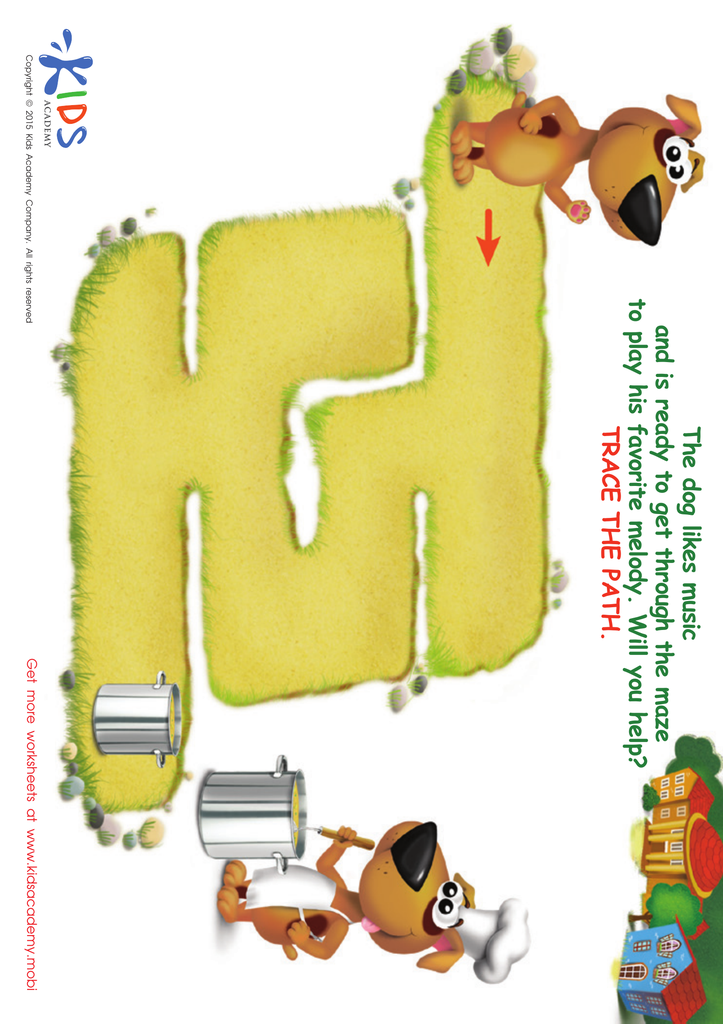

Cook Maze Worksheet
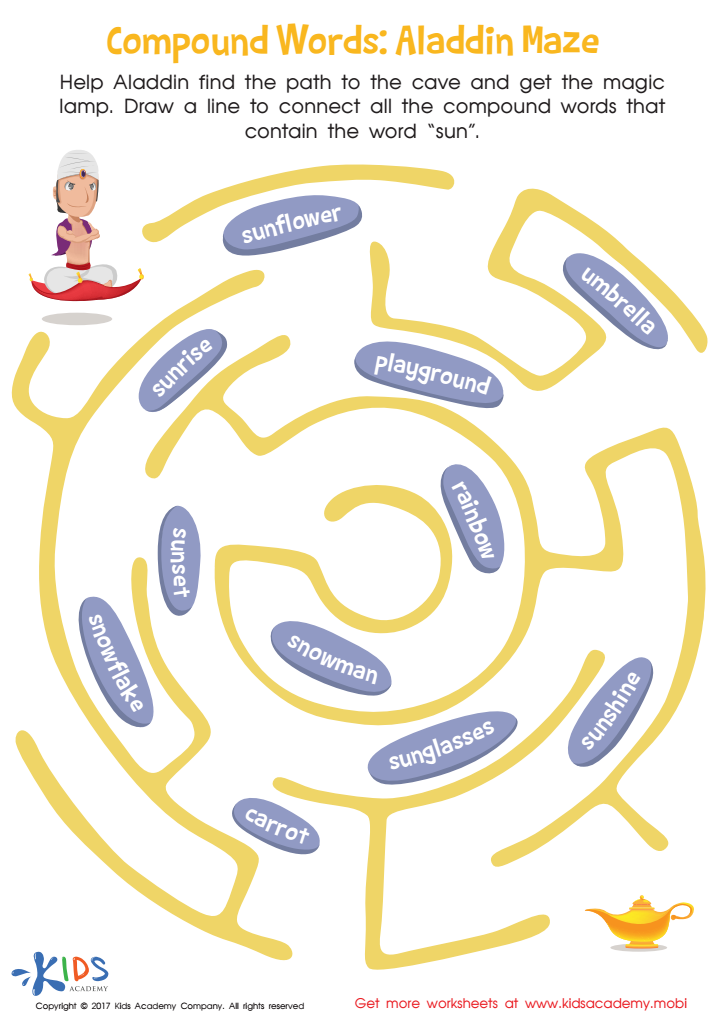

Compound Aladdin Maze Word Structure Worksheet
Mazes are engaging and multifaceted activities for children aged 6-9, providing significant cognitive and developmental benefits that parents and teachers should value. Firstly, navigating mazes enhances critical thinking and problem-solving skills. Children must analyze the paths available, make decisions about which way to go, and adjust their strategies if they encounter dead ends, which nurtures their ability to think critically.
Furthermore, maze activities bolster fine motor skills. As children draw lines or use manipulatives to trace the maze, they refine hand-eye coordination and grip strength, foundational skills for writing. These activities also promote patience and perseverance, as completing a maze often requires sustained focus and effort.
Additionally, mazes can be creatively themed to align with various subjects such as math—where each path could represent a different equation or answer—making learning interdisciplinary and fun. This integration boosts motivation and engagement.
Moreover, working on mazes can be a collaborative endeavor, fostering social skills as children discuss strategies and collaborate toward solving a challenge. By offering enjoyable yet educational maze activities, parents and teachers contribute to developing well-rounded, resilient, and capable learners, setting a positive foundation for future challenges in academics and life.

 Assign to My Students
Assign to My Students
